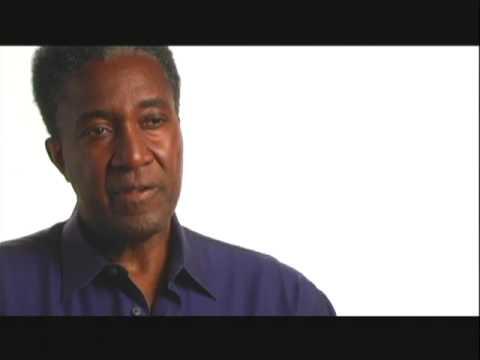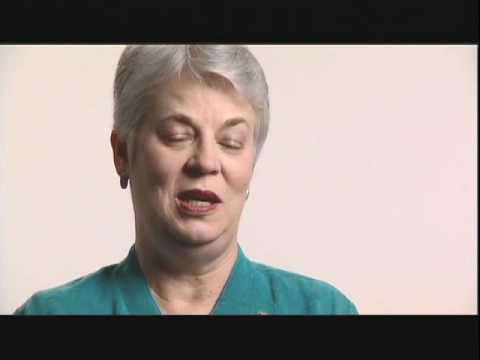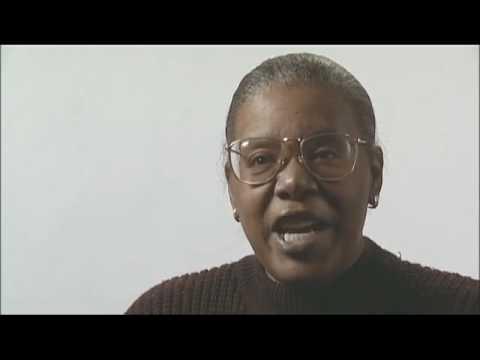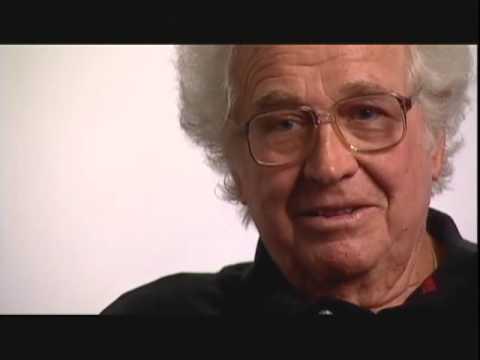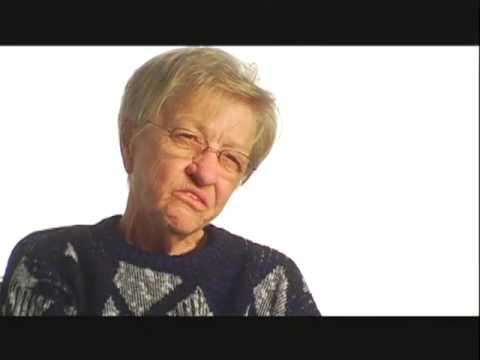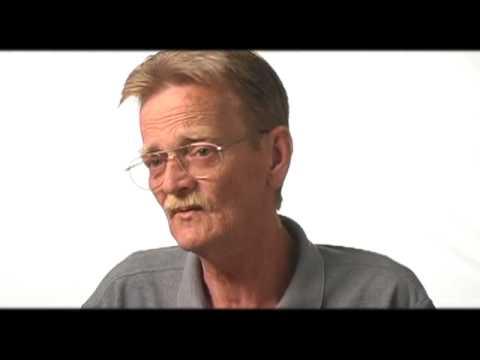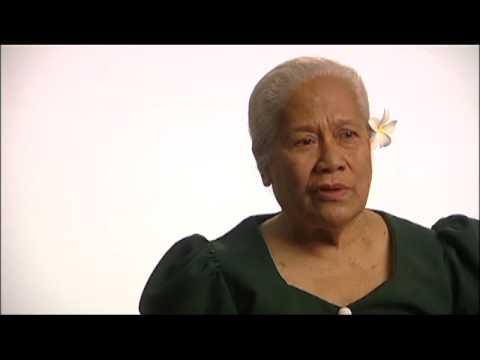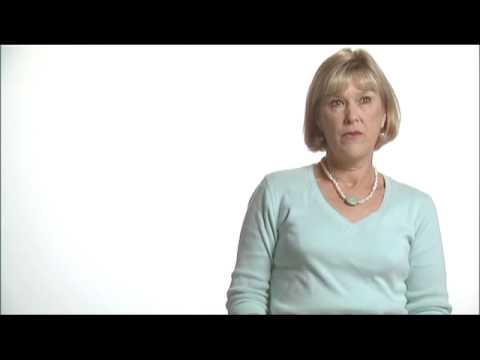John G.
In 1993, I was told I had throat, neck and jaw cancer. I had a surgery that lasted 10 or 12 hours and spent two months in Northwestern Memorial Hospital. Then I had eight weeks of radiation, five days a week for eight weeks.
My radiation treatment was probably the most devastating thing I ever had. I finished radiation the beginning of July 1993, and my worst day was Thanksgiving of 1993. I didn't have any solid food for approaching nine months. I had a great deal of difficulty swallowing, used various medicines, various scams to try and get down six cans of a supplement a day. They watch your weight very carefully, and you're always bordering on being hospitalized where they feed you with a tube. My ultimate goal was to stay out of that.
During the radiation treatment and immediately thereafter, I was coached by an individual who had gone through it. He would call me every couple days and give me some warnings on things that may or may not happen. And I found that to be the greatest benefit in the world. Because not only were you somewhat elated when they didn't happen, but if they did happen, it gave you formal warning and you knew you weren't out of the ordinary.
I proceeded along and actually came back to some form of normalcy. As I was checking out for my three-year anniversary, they said, "Ahem. We've got a hot prostate, kid. We recommend you get it out." I said, "Well, I'll be here Monday." And that surgery was by far the easiest thing I've done.
But that was probably the worst trip I've had back. I had one son in college and one at home and thought, how do I sell this little number? We got about halfway home and I said, there's no way I can sugarcoat it. I just went in and said, "I got to talk to you." And I think they both knew. My wife said, "Oh, prostate cancer. That isn't much, you know." And me, who was scared of downplaying it to them, they're now downplaying it to me. I think nothing beats honesty and nothing beats short sentences.
At my second surgery anniversary they said, "You're hot again. Whatever prostate thing has returned to your blood. So, by the way, why don't you report in Monday morning for eight more weeks of radiation?" That radiation compared to the first one was night and day. The principal side effect was early, unannounced naps. And I happened to think nap is one of the finest words in the English language anyway. It did have a deteriorating effect on my hearing, which declined by 50%, and which has since been remedied with mechanical aid.
I have certain side effects left today from both of these. The physical ones are obvious, like my hearing. And I don't have any moisture, so I drink a lot of water. But that's knocked my cholesterol down. I have the appetite of a 14-year-old. And I don't have any weight problems. So all things tend to balance out.
The emotional effects are a trick bag. I don't think anybody going through any cancer treatment ought to let pride, unavailability, anything, keep them from seeking professional help. I got to a point where I thought, hey, it's a real positive idea to go out and play on the expressway. And there are professionals who understand that. When you get your life threatened, denying it is very, very unrealistic and probably very, very unhealthy.
As we go back for checkups, we all deny that we anticipate them in any way. I betcha you had a bump or a cough or something on your ear in the last two weeks that you thought, this is it, it's coming back. But everything that happens to you isn't cancer-related. You know, you can be a klutz and just stub your toe. Don't treat every bump, scratch, cough, and whack like this is an encore, because I never knew the encores were coming. No amount of worry let me anticipate the encores.
Survivorship is getting on with life and living life to the fullest extent possible; returning to a quality of life that is enjoyable and fulfilling. Not maybe to the insane things that you used to do, insofar as work or habits, but returning to those things that you find to be fulfilling. I've found the most positive thing to be working with other people. That you get ten times more out of it yourself than what you ever give away. Knowing you're some help, seeing the light come on in the guy's eyes--that's worth the price of admission. That's as good as it gets.
Overall, I have an absolutely superb quality of life. I refer to myself as the luckiest guy in America. I think what enabled me to do is some triangle of family, faith, and friends. Exercise is an important component, too.
Exercise was introduced quite by accident. Both my sons were big-time college tennis players and would work out on gym equipment in the basement. I would go down there just for somebody to talk to. I remember getting on a treadmill and going at 1.5 miles an hour for ten minutes. I have since been told you can crawl home drunk at 1.5 miles an hour. I felt some sense of accomplishment for the first time in a long time, and I slept a little bit better, and I got up the next day and I wanted to do it again. If it didn't save my life, it certainly saved the quality of my life. Because it created a sense of accomplishment that I could set higher goals and keep ratcheting them up. Ten years later, I still do it. It was a tremendous benefit of which 99% of the benefits were not physical.
Some of the spiritual component was there beforehand, and then some of it comes through to my existence today. Anthony DeMello is an Indian Jesuit from New Delhi who writes about Buddhist topics. I found him to be very helpful. There's a Trappist monk named Thomas Merton, and another writer, John Cabbott-Zinn, who wrote about meditation and stuff. To this day, I get up an hour before I have to, and I will sit quietly or read. That quiet period is probably the most important part I have of every day.
After the first time, I pledged to the doctors that I would go back to work and, you know, do 50% and whatever else. I don't think I really had an intent to live by it to begin with. And I got put back on the bench. Follow the instructions on limitations that they give you coming out of treatment, because getting put back on the bench is one heck of a lot tougher after you've gone back to normal life.
One of the things I came out with is that I still have the ability to learn and expand my horizons. That they are only limited by my imagination. Who's the cuckoo at my age that goes back and gets degrees? It's nice to go back and take things that, at first blush, you go, "Wait a minute. I don't want to go near this!" And you do it and you find out you still have the ability to learn.
Encourage your buddies to get early detection. The PSA thing is not a big deal. I mean, you go and give them blood. And if you're getting a checkup, all you do is ask to have the PSA included. The statistics on prostate cancer under early detection are fantastic! We got it early and it was a walk in the park. It's a screaming endorsement for early detection.
One of the more useful things I've found is the 12-step program thing. One day at a time. Because to project out, \"What's it gonna be like in six months?\" is a thought process to misery, in my opinion. With a little bit of luck, I'll be up tomorrow morning and I'll be fine, and my Bassett hound and I will be sitting in the backyard in Michigan, thinking great thoughts.
There is a question that I think everybody asks, either consciously or subconsciously: \"Why did I survive and somebody else didn't?\" That's kind of an ongoing question in my life. But I can certainly do something to try and not justify survival as much as accomplish something in survival. To look at something differently and react toward other people, places, and things from a more positive attitude of, what can I do about this problem or opportunity? Rather than bitching about the problem or not taking the opportunity.
I'm John Gilmore. I'm a three-time cancer survivor of more than ten years -- throat cancer, prostate cancer and blood cancer.
